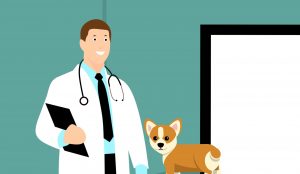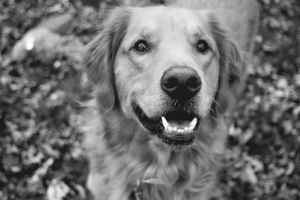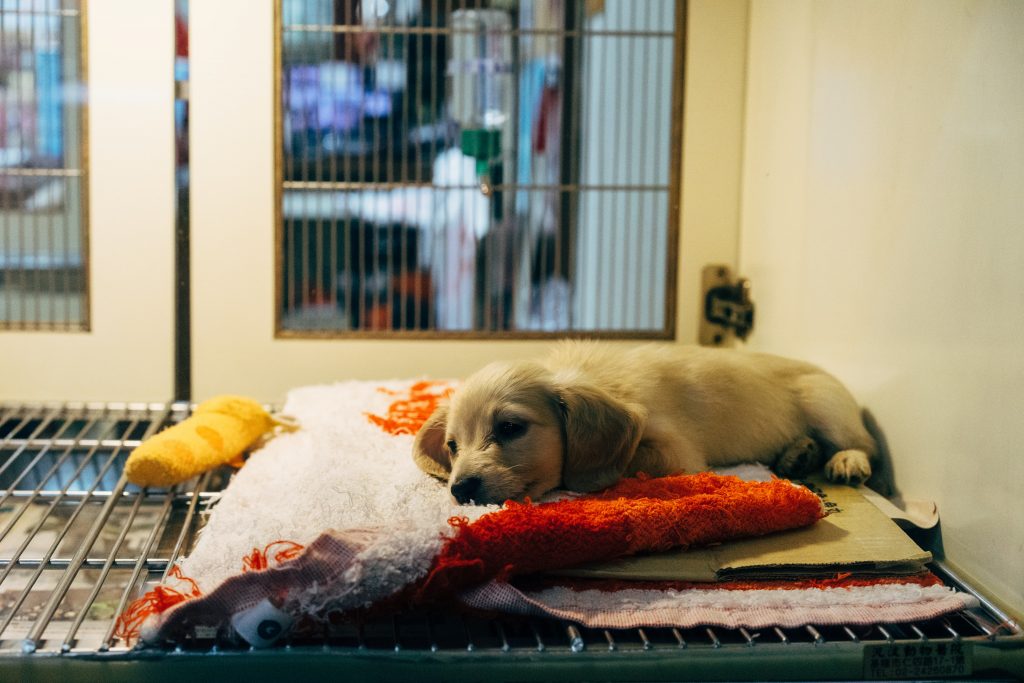Pet neutering is a medical procedure that can only be carried out by a vet, and along with a whole host of health benefits, it prevents pets from unwanted pregnancies and being able to reproduce.
Pet neutering is also referred to as castration in male pets and spaying in female pets, both operations are very safe and usually come with no complications as it is a simple procedure for a trained vet to be able to carry out.
At what age should I have my pet neutered?
Pet neutering and the best age for it to be carried out can vary from pet to pet, but as a rule female dogs can be spayed from as early as 6 months old. Male dogs can be neutered from about 6/7 months old. Once a cat has had its first vaccinations, it is safe to have them neutered so from as young as 4 months, but up to any age so do not worry if you have not had it done straight away.
Advantages of pet neutering
There are many advantages of pet neutering, the main ones being it can help aggressive behaviour in dogs, certain types of breeds will experience aggressive and domineering behaviour before it is neutered. An unneutered pet is more likely to express their frustration and can display embarrassing behaviour such as mounting objects, people, and other animals. In female dogs when they are in season, they will produce fluid for up to 3 weeks, having them neutered stops this. Female cats come into heat every 3 weeks during their breeding season and some cats can become quite vocal and are constantly calling, having your pet neutered will stop all the above issues.
Also, pet neutering can prevent many types of cancer and other unwanted health problems.
Side effects of pet neutering
There is a false perception that your pet could put on weight once they have been neutered, but this is a myth and any weight gain after the procedure will probably be down to giving them too many treats, not the neutering procedure.
Vets advice
Always ask your vet for advice on this subject, they are the experts and will be able to point you in the right direction about what is best for you and your pet.




